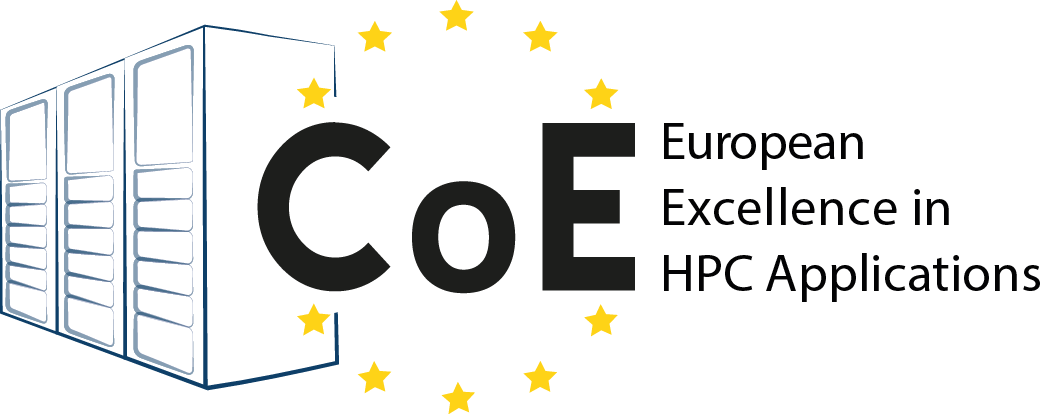Each year, SC provides the leading technical program for professionals and students in the HPC community, as measured by impact, at the highest academic and professional standards.
The Program is designed to share best practices in areas such as: algorithms; applications; architectures and networks; clouds and distributed computing; data analytics, visualization, and storage; machine learning and HPC; performance; programming systems; system software; and state of the practice in large-scale deployment and integration.
The International CAE Conference & Exhibition has a 36-year track record rendering it unique in the industry, where it is recognized as the richest, most intense and stimulating annual meeting of minds from all parts of the engineering simulation environment across industry and academia, the public and private sectors.
A dedicated HPC session titled “High Performance Computing, a key enabler for digital transformation” has been included on the programme. This session at the International CAE Conference will explore the most advanced algorithms and applications available to better leverage the huge computational capabilities of modern HPC systems.
EXCELLERAT & MaX are participating, FocusCoE has booked for them a common booth in the Exhibition area. In addition to the common booth in the exhibition area, EXCELLERAT is having a talk during the HPC session of the conference.
The event focuses on the diverse challenges that industrial users of HPC face, including complex programming codes, new technologies, licensing models, user support, and the organisation of workflows, among others. The Industrial HPC User Round Table provides information about current developments in high-performance computing and a forum for discussions between HPC users.
